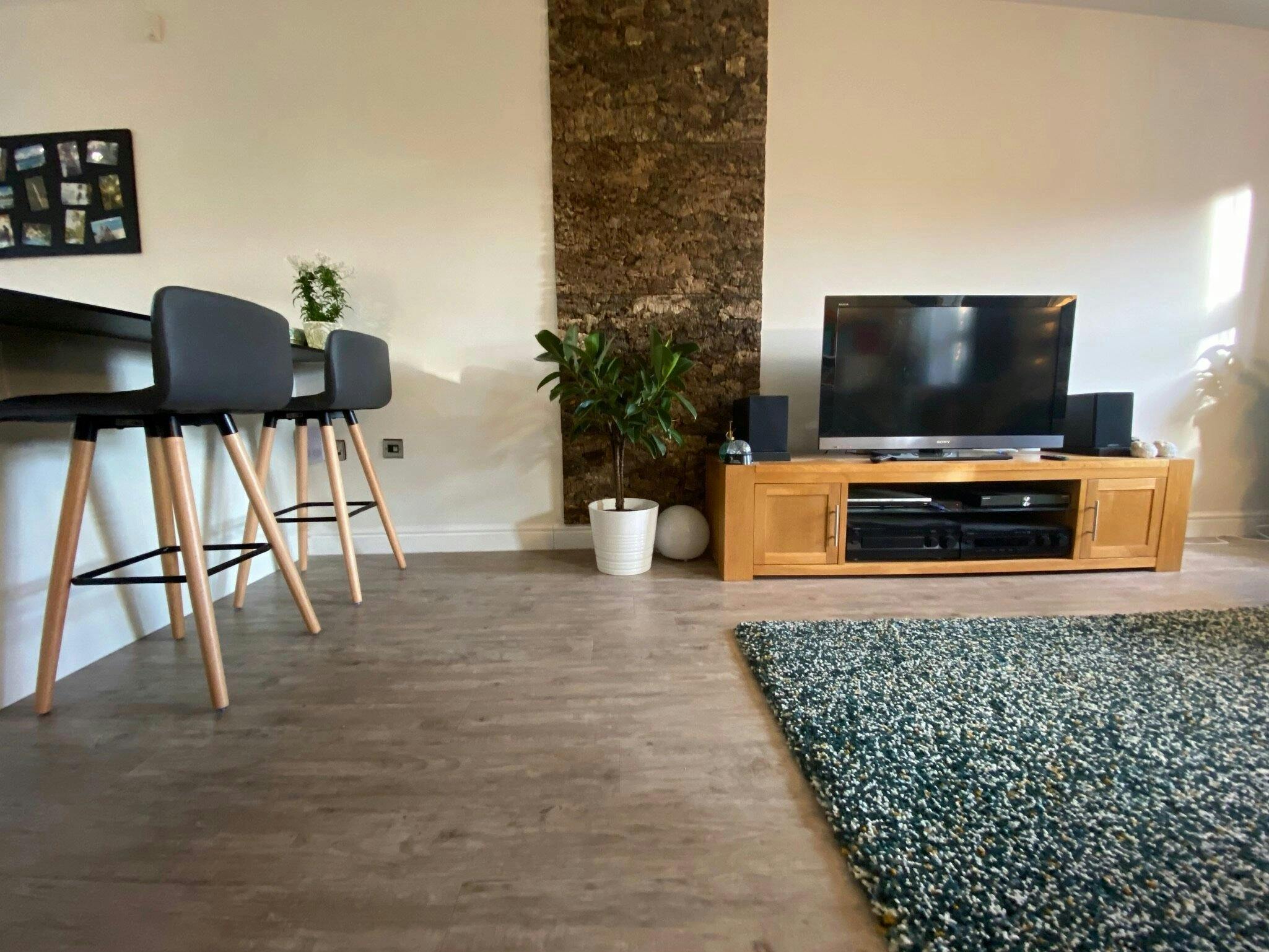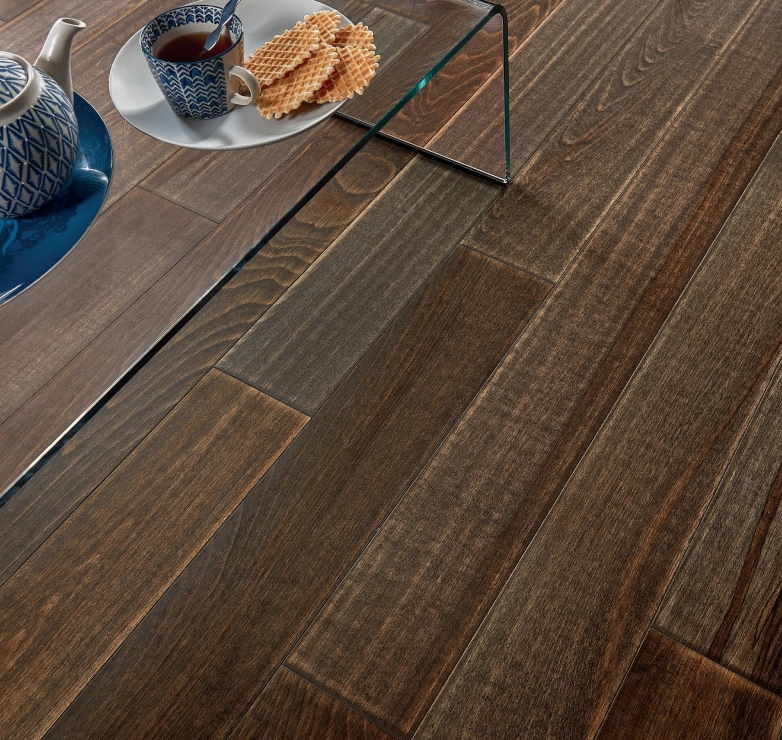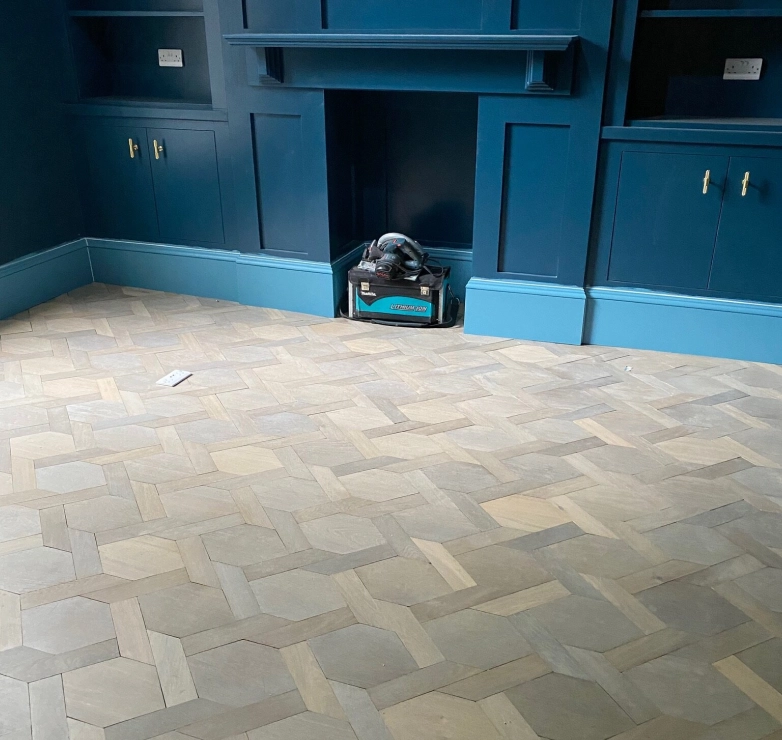Hardwood Flooring in Workplaces
There are regulations in the UK around health and safety that directly refer to the flooring used in the workplace.
For example, the floor in a workplace must be suitable for the type of work activity taking place on it; therefore, if you know that hardwood flooring will make certain tasks difficult or dangerous then it may not be the most appropriate option.
Furthermore, The Workplace (Health, Safety and Welfare) Regulations 1992 (Regulation 12) require floors to be suitable, in good condition and free from obstructions. Where a floor is likely to be subject to frequent contamination, people should still be able to walk on it without the risk of slipping.
This refers back to earlier in this blog post where we mentioned the increased risk of slips on hardwood floors when they are over-polished or wet. In order to meet UK safety regulations and keep people in the workplace or commercial spaces safe from slips, you must try to keep the floor clean, dry and polished to an appropriate level.
If, for any reason, a certain area of the floor is slippery then you can put precautions in place to prevent an accident such as putting up appropriate signage to clearly notify everyone that the area should be avoided.
All in all, wood flooring is not the safety risk that many first assume it will be, even in a home with children or other vulnerable people. There are many actions you can take to prevent your wood floors from becoming a slip hazard, and there is no truth to wood floors being more physically harmful to you if you were to fall onto it. Hence, if there was any doubt in your mind as to whether wood flooring is the most sensible and safe choice for you, then we hope this has provided you with some clarity.




